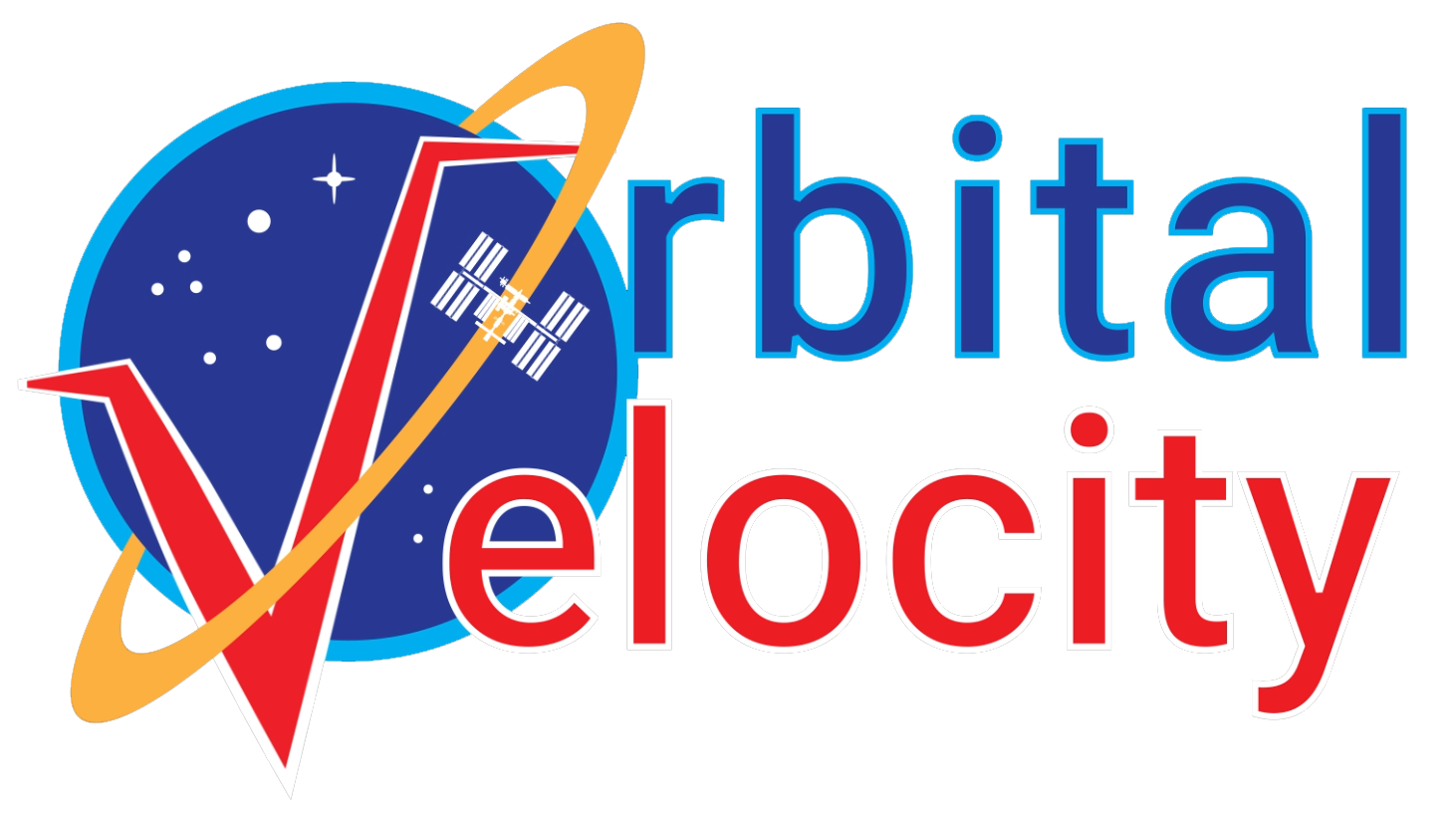NASA mulls purchasing Soyuz seats—from Boeing?
/Despite the Commercial Crew Program being years behind schedule, NASA has said for the last number of months that it has no plans to purchase additional Soyuz seats from Russia past the end of 2018. While that may technically hold true, the U.S. space agency is, however, looking to buy Soyuz seats acquired by Boeing.
According to Federal Business Opportunities, NASA is considering contracting with The Boeing Company for crew transportation services to and from the International Space Station (ISS). The contract would include sending one crew member to the ISS on a currently vacant Soyuz seat in the fall of 2017, and another in the spring of 2018. Additionally, the agency would have the option of acquiring three additional seats for the first half of 2019. The solicitation states:
NASA is considering purchasing these services from Boeing, without competition, because no other vehicles are currently capable of providing these services in fall 2017 or spring 2018. NASA is issuing this synopsis in order to provide notice of the agency’s requirements and to determine whether any other potential sources have the current capability to provide these crew transportation services in the needed timeframes.
Boeing acquired these seats as part of an agreement between it and RSC Energia, which manufactures Soyuz spacecraft and has the “legal rights to sell the seats and associated services.”
According to Space News, Boeing received these seats as part of an agreement with Energia to settle a legal dispute regarding Sea Launch. Boeing won a judgment of more than $320 million against Energia. Ultimately, the two companies discussed ways to offset the debt. The Soyuz seats were part of the deal.
The solicitation states Energia agreed that Boeing has the full rights to these seats and can sell them to any third party.
The services NASA would acquire from Boeing include the launch, return, and rescue of U.S. or U.S. designated astronauts and associated services.
The first two seats were made available by Roscosmos in 2016 when the state-run corporation decided to temporarily reduce the size of its Russian crew from three per expedition to two. This would allow for one fewer Progress flight per year to free up money to finish and launch the long-delayed Nauka science module. Its liftoff is currently scheduled for December 2017.
If purchased, NASA would use these seats to increase the U.S. crew size from three to four beginning in the fall of 2017 in order to maximize ISS science utilization. Additionally, this would allow the space agency time to evaluate whether it needs the additional three seats in the first half of 2019 if a backup to the Commercial Crew Program is needed. The solicitation states:
In the event the U.S. commercial crew providers are delayed in demonstrating a fully operational capability to transport humans to space, the risk of de-crewing ISS greatly increases. The absence of U.S. crew members at any point would diminish vehicle operations to an inoperable state.
The window to make the decision to purchase the 2019 seats closes in the fall of 2017.
Both commercial crew companies are running behind schedule. Currently, SpaceX is expected to send into space an unpiloted flight of its Crew Dragon in November 2017. Later, in May 2018, the first piloted test would occur.
For Boeing’s CST-100 Starliner, the first unpiloted flight is expected in June 2018 and the first piloted mission in August 2018.
After that, NASA needs to formally certify the two spacecraft for operational flights to the ISS. That is expected to occur before the end of 2018, but it leaves almost no margin for delays. The current Soyuz contract with Roscosmos ends with the launch of Soyuz MS-11 in the fall of 2018. It will land during the first half of 2019.
NOTE: While this article was written by Derek Richardson, it was originally published at SpaceFlight Insider. Feel free to head over there to read all the stuff they write about!




